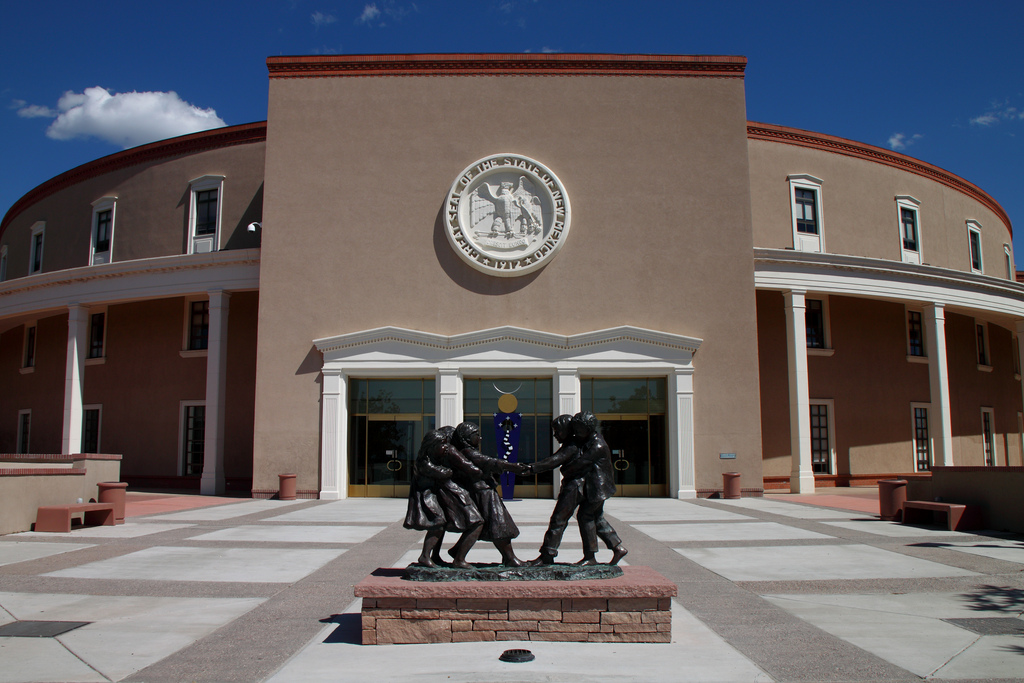Legislature 2015: Whistleblower Protection
By: Gwyneth Doland
New Mexico’s Whistleblower Protection Act went into effect in 2010 and since then the state says it has had to spend a lot more money dealing with lawsuits allowed by the law. A bill sponsored by Rep. Larry Larrañaga, R-Albuquerque, (HB 532) would address that by making it harder to make a whistleblower claim.
Under current law, public employees who face retaliation for exposing corruption can sue the state for double back pay. State Sen. Joseph Cervantes, D-Las Cruces sponsored the original measure when he was in the state House.
“We’re trying to make sure that we don’t have corruption in state government,” Cervantes said Wednesday. “The way that we learn about corruption is from the people coming forward and feeling comfortable and safe that in doing so they won’t be retaliated against.”
According to an official analysis of the bill, state agencies “face significant fiscal challenges in compensating for the [law’s] damages provision permitting an award of double back wages.”
Costs related to defending against lawsuits have gone up 65 percent, according to the General Services Division, from an average of $ 7,569,753 to $11,514,885.
But a representative of a public employees union says the changes would also make it harder to expose corruption by making the law toothless.
The bill was scheduled to receive a hearing before the House Judiciary Committee this week.
The specific changes, listed in the analysis, include:
- deleting the definition of good faith and removing that concept as a basis for reporting action or inaction that an employee believes to be unlawful or unethical (Section 2 and Section 3(A));
- deleting officers of a public entity from the definition of public employer (Section 2(B)(4));
defining retaliatory action to mean an action that results in the suspension, demotion or dismissal of a public employee (Section 2(C); - defining unlawful or unethical act by an employer to mean a practice, procedure, action or failure to act that violates the Governmental Conduct Act or the Code of Judicial Conduct, in addition to federal law or regulation, state law or administrative rule, or local ordinance (Section 2(D));
- modifying what constitutes whistleblowing to be: (1) communications to the public employer; (2) communications to the media about a public employer’s unlawful or unethical action or inaction; or (3) making a report to law enforcement with jurisdiction to investigate the unlawful or unethical act. Anonymous reports are not a communication under the WPA, and a communication of information within an employee’s normal job duties does not constitute whistleblowing (Section 3(A)(1) and (B);
- limiting awards of costs and attorneys’ fees to when a written settlement offer has been made and rejected and the employee recovers more at trial than that offer (Section 4(A));
adding language that the ultimate burden is on the public employee to demonstrate that but for the whistleblowing action the employee would not have been dismissed (Section 4(B));
limiting awards of back pay to the date the action is filed (Section 5(A)); - requiring an employee to exhaust all administrative remedies and grievances before filing an action under the WPA (Section 5(B)); and
- repealing existing law that requires a public employer to post notices setting forth the provisions of the WPA in a conspicuous place on the employer’s premises (Section 6).
People, Power and Democracy: This story is part of a 2015 reporting partnership between New Mexico In Depth, KUNM and NMPBS.


